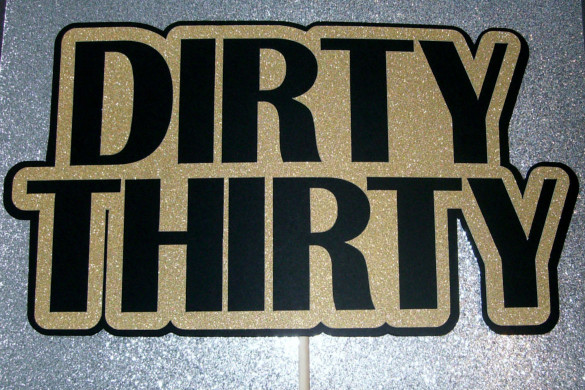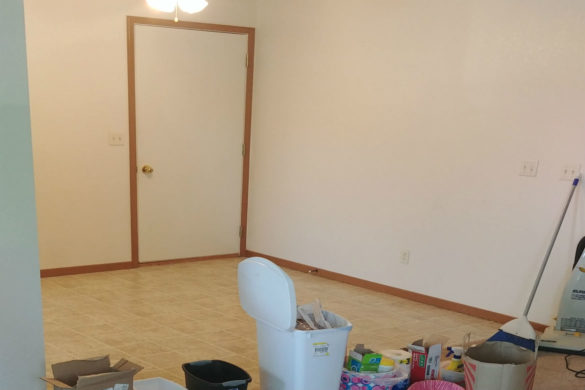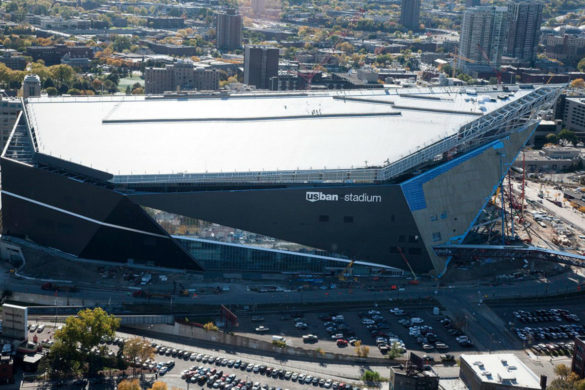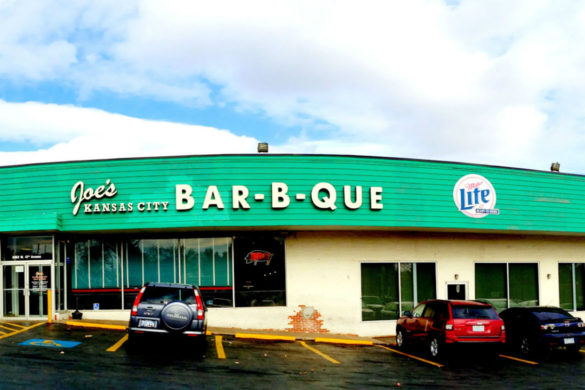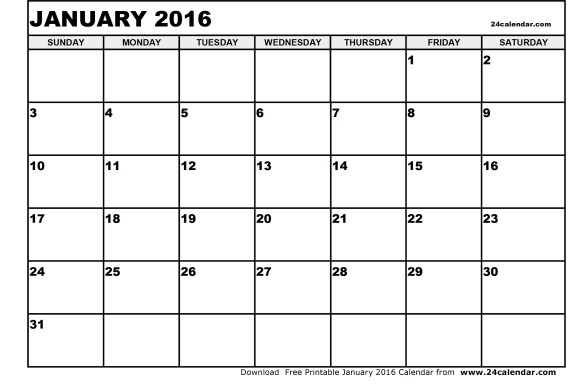This is a re-post from April 2017. With regular season hoops winding down and tournaments on the horizon, it’s a great time to call games. It’s also a great time to make money for your station or team! Here are a few tips for selling games during tournament season!
As broadcasters, many of us love the purity of the game. The competition. The drama — it’s the unpredictability of what is the ultimate reality entertainment. On the other hand, the people who give us jobs care about one thing: the almighty dollar. Your call may be great, but if the game isn’t profitable for management, then you won’t be doing many more games.
I’ve read several comments in the Sportscasters Talent Agency of America forums and the Sportscasters Facebook page asking for tips on how to sell games. I’ve been fortunate enough to have some modest success with sales and am more than happy to share some of the things I’ve learned along the way. For today, we’ll focus on selling individual games or picking up a team you don’t regularly cover for a postseason run or tournament.
The first thing you have to realize is that these games are mostly an emotional buy. Is it good for the business to be on the air for a tournament game? Of course. You likely have a small, but very engaged, audience that cares deeply about the result. Realistically, covering a tournament can give a short term boost to a business but it’s unlikely to lead to a line out the door. It’s important for you to manage expectations and not promise what you can’t deliver.
Step One-Finding Prospects: The first thing I do is call the school and talk to someone and just ask what kids on the team have parents or other relatives who own businesses. They are my first prospects because they have already invested their emotional support to the team and are likely to continue doing so through sponsorship.
I then drive to the town if possible and do the first round of calls face-to-face. This shows that you care enough to make the effort to come to the businesses and gives you a much better chance of being taken seriously compared to calling on the phone. If you have sold the area before or have a pre-existing relationship with a business of whom you are reasonably certain will buy a sponsorship, stop there first. I’ve found that when your first call of the day is a yes it gives a nice confidence boost that makes it easier to sell for the rest of the day.
Next simply walk into each business with a smile on your face telling the first person you see “We are covering your team on KXYZ 1234, who would I talk to about gaining exposure for Store X through our game coverage?”
Step Two-Ideas: Remember that pretty much every business is hit up for sponsorships, donations, or some sort of monetary request almost every day. As business owners, they are trying to make money not spend money, so they will do everything they can to talk themselves out of buying from you. With this in mind, it’s better to go into the meeting with some sort of idea or angle.
This doesn’t need to be complex. It can be something as simple as an example of what their 30-second ad could say or an idea for an in game element. For example, I once got a seed company to buy a sponsorship because I offered him the scoreboard sponsor and told him I would say the name of his business every time I said the score. With non-traditional businesses the community good angle will can really help close the deal. I once sold an insurance company a sponsorship because I came up with the idea that they would donate $10 to the booster club for every made three pointer.
Step Three-Follow Up: Oftentimes, businesses will ask for time to consider your proposal. Make sure you ask what their potential questions or objections, but don’t be pushy. Take notes of their questions or objections and ask what day and what time to follow up with them. If you don’t know how to answer their questions or objections, make sure you ask your sales manager and get their answer before you go back. Finally, make damn sure you call or show up at the time you promised with the information they need.
Step Four-Follow Through: This is simple enough but you would be surprised how many times you see someone make a sale and think their work is done. You want your customer to have a positive experience and build a relationship so they will sponsor more games in the future. Make sure you write good scripts. Make sure that the business owner sees the script and has an opportunity to make adjustments and gives approval. Make sure the production is good and the order is filled out right away so they get their bill in a timely manner.
Finally, if something goes wrong and an ad doesn’t play for whatever reason. Make sure you call them as soon as possible to make it right. Usually people understand that things happen and they will allow you to make things right. Often, you gain respect from the business that keeps the door open for future sales. If they find out second hand or you just try to bill them without playing ads your bridge will likely be burned forever, and rightfully so.
Sales can be frustrating, but it’s what keeps our paychecks coming every two weeks. If you have any other questions email me through the contact page or ask your questions in the comments thread below. Good luck!





